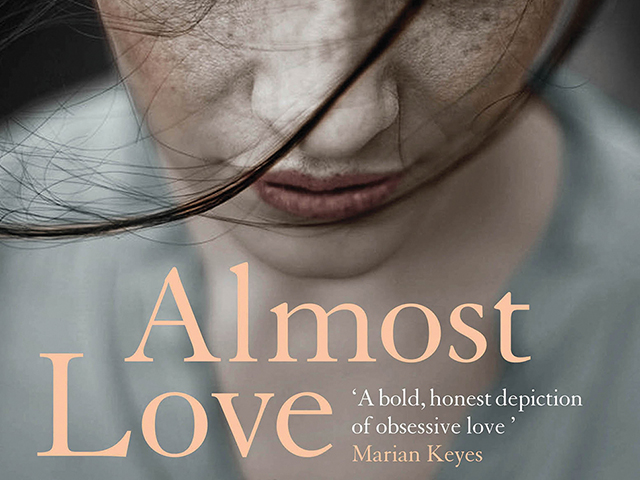
[dropcap]A[/dropcap]lmost Love, despite its title, is not a romance novel. It is not an easy read. Louise O’Neill has written an incredibly raw depiction of how obsessive love can lead to devastation. It is a comment on gender politics in relationships and how many women allow themselves to be used. It is about giving up everything for love when love isn’t even present.
“You’d be so much prettier if you smiled, as if a performance of joy was the price Sarah had to pay for existing in a female body in a public space”.
This novel is not fast paced but it is a page-turner nonetheless. You will become almost as addicted as our protagonist Sarah is with her unrequited love.
Sarah Fitzpatrick is a 24-year-old art college graduate who moved from the country up to Dublin to work as an art teacher in a prestigious private school. The plot oscillates between ‘then’ and ‘now’.
In the ‘then’ portion we follow the relationship between Sarah and a man who is one of her students’ fathers, Matthew Brennan. He is twenty years her senior and meets her only for sex. He is a powerful and rich man which seems to fuel Sarah’s obsession. She knows that he doesn’t love her. She knows that he doesn’t even respect her. Despite this, she risks her job, her friendships, her family and herself to be with him.
“All I ever wanted was for him to say that I was enough. If he said it, maybe I could believe that it was actually true.”
Unlike the ‘then’ chapters which are told by Sarah, the ‘now’ is told in the third person. Her obsession has taken over every aspect of her life that she is completely detached from her own story. She is living with her boyfriend Óisin whose mother is a famous artist. She has given them an apartment rent free with its very own studio for Sarah to use. She complains about not being a ‘real’ artist but doesn’t use the studio.
Sarah belittles her boyfriend, betrays her friends and ignores her widowed father. Like O’Neills bestselling novel ‘Asking for it’ the main character is extremely unlikeable, but that doesn’t mean that their story doesn’t deserve to be told.
‘Asking for it’ is a novel about a teenager who had been raped at a party. In this, it is clear who is in the wrong. In ‘Almost love’ we dislike Matthew. He is arrogant, selfish and clearly a user. However, the lines are a bit blurred on if he can be blamed. When we learn about Sarah’s past struggles it becomes apparent that Sarah’s obsession is a form of escapism. She knows it herself too, she knows that she allowed him to use her.
“Sarah was afraid that he might have broken her and he was afraid that she might have been the one who asked to be broken”.
This novel will force you to think and will not allow you forget Sarah’s story for days after finishing it.


